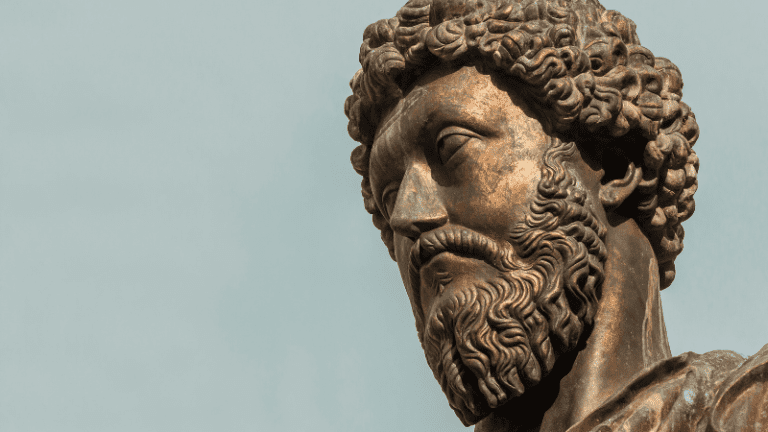Kant on the freedom of the will
As we have already learned, Kant was a great friend of morality and ethics. For this reason, it is hardly surprising that he believed that we can only be truly free if our will follows moral laws. We will take a closer look at why this is the case in the following paragraphs.
"A free will and a will under moral laws are the same thing"
Immanuel Kant
Let us first turn Kant's statement around. In this case, a non-free or enslaved will would be one that operates under no moral laws. This may sound confusing to someone who hasn't studied philosophy much, because how is it possible to not be free if you don't abide by any laws? However, the answer to this is closer than you might think.
It is precisely these moral laws that prevent us from acting solely on instinct. So they set us apart from most animals. If we are unable to set aside our desires and cravings in order to be the version of ourselves that is most beneficial to us and our environment, we have no free will. We would be doomed to act impulsively to get what our not very forward-thinking instincts show us.
To illustrate this with an example, let's imagine that we are visiting a friend and see something we want. We impulsively grab it at a favorable moment and put it in our pocket. Even if we don't get caught, the act was neither voluntary nor will we have a clear conscience afterwards. Our remorse will haunt us for ages and condemn us to the fact that our thoughts cannot roam freely, but are constantly thinking about what we have actually done. If, on the other hand, we were free from acting out our urges, we would not have simply put the object in our pocket and would be free from remorse.
We are well aware that this example may seem a little strange. After all, we assume that most people would not steal from their friends. However, this example makes it crystal clear just how misguided human behavior can be. It is precisely these deviations from the norm that show us how beautiful this norm can be under morality and ethics.
In summary, it can be said that those who do not follow moral laws do not have free will, as they are slaves to their instincts and impulsive actions. Furthermore, it can be said that moral laws are much less restrictive of one's freedom, as they are guidelines rather than actual laws. For this reason, we believe that it is essential to study morals and ethics if you want to learn how to lead a better life.







